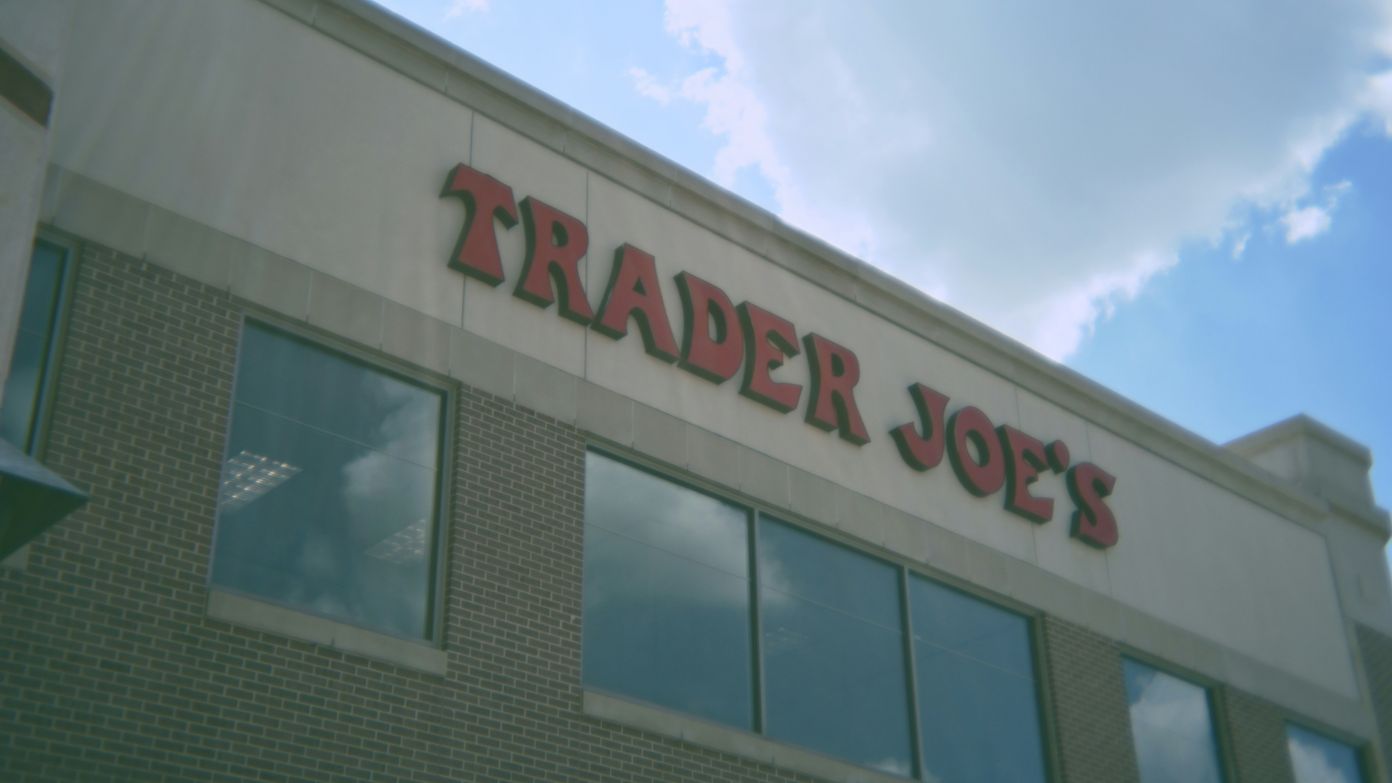A major health alert is underway: frozen (or ready-to-eat) pasta meals sold at Trader Joe’s and Walmart have been tied to possible Listeria monocytogenes contamination. The risk is serious — the outbreak has already hospitalized many and claimed lives. If you shop at these stores, you will want to read this carefully to see whether you might have one of the recalled batches in your freezer.
What products and batches are affected?
The U.S. Department of Agriculture’s Food Safety and Inspection Service (FSIS) has updated a public health alert warning consumers about two primary products:
- Marketside Linguine with Beef Meatballs & Marinara Sauce sold at Walmart in 12-ounce clear trays. The “best if used by” dates include September 22, 24, 25, 29, 30, and October 1, 2025. The establishment numbers on these packages are EST. 50784 and EST. 47718 inside the USDA inspection mark.
- Trader Joe’s Cajun Style Blackened Chicken Breast Fettuccine Alfredo, in 16-ounce trays. The affected “best if used by” dates are September 20, 24, and 27, 2025. The label should show establishment number P-45288 inside the USDA mark.
These pastas are now being flagged for possible contamination because tests on ingredients (notably the linguine used in the meatball product) showed presence of the same Listeria strain linked to a prior outbreak.
Recommendation:
What is the link to the prior listeria outbreak?
Earlier in 2025, FreshRealm (the food manufacturer) recalled chicken fettuccine alfredo meals sold under the Marketside and Home Chef brands after Listeria was detected. That outbreak resulted in illnesses, hospitalizations, and deaths.
In recent investigation updates, FreshRealm confirmed that a sample of pasta (linguine) used in the meatball product tested positive for Listeria, and whole genome sequencing showed it matches the strain involved in the earlier chicken-alfredo outbreak.
Regulators suspect the contamination source was in a shared ingredient supply chain. In fact, the implicated pasta supplier is Nate’s Fine Foods in Roseville, California.
How many people are affected and what is the human toll?
- As of late September 2025, 20 illnesses have been confirmed in 15 states.
- 19 of those 20 were hospitalized.
- 4 deaths have been reported so far.
- One illness involved a pregnant person, resulting in a fetal loss.
Because many Listeria infections go unreported or undetected, health officials warn the real number could be higher.
Recommendation:
Over a million kitchen appliances recalled over burn hazard
What should you do if you bought these meals?
If you have any of the recalled products or suspect you do, follow these steps:
- Do not eat the products under any circumstances.
- Throw them away in a sealed bag or return them to the store for a refund.
- Clean and sanitize your refrigerator, ice trays, drawers, containers, and surfaces that may have touched the product — Listeria can survive and spread.
- Monitor for symptoms if you ate the food. Symptoms may include fever, muscle aches, fatigue, headache, stiff neck, confusion, loss of balance, and gastrointestinal issues.
- Seek immediate medical care if you are pregnant, elderly, immunocompromised, or have symptoms. For pregnant women, listeriosis can lead to miscarriage, stillbirth, preterm labor, or serious infection in newborns.
Why this recall matters
This is not just another food recall — it illustrates how a single contaminated ingredient can cascade into multiple product lines. Because the outbreak strain was found in the pasta common to both the meatball and chicken alfredo meals, regulators are treating this as an extension of the initial recall.
It is also an urgent reminder that frozen or ready-to-eat meals are not risk-free. Even though they are pre-cooked, they can harbor dangerous bacteria if one ingredient is contaminated.
For consumers, this means staying vigilant: check “best by” dates, product codes (establishment numbers), and do not assume that “frozen” means safe indefinitely.
If you went to your freezer just now to see if one of those meals is in there, you are not alone — many Americans are doing the same. Safety first.
Recommendation:
Why do government shutdowns only seem to happen in the US and not other countries

